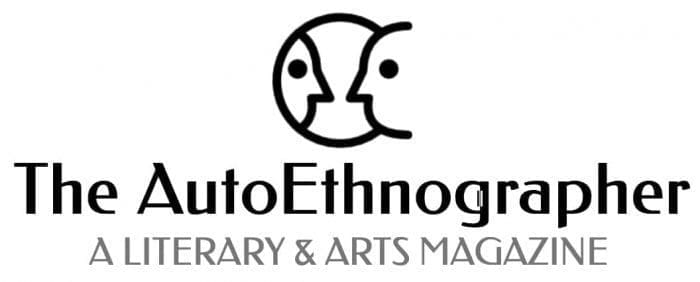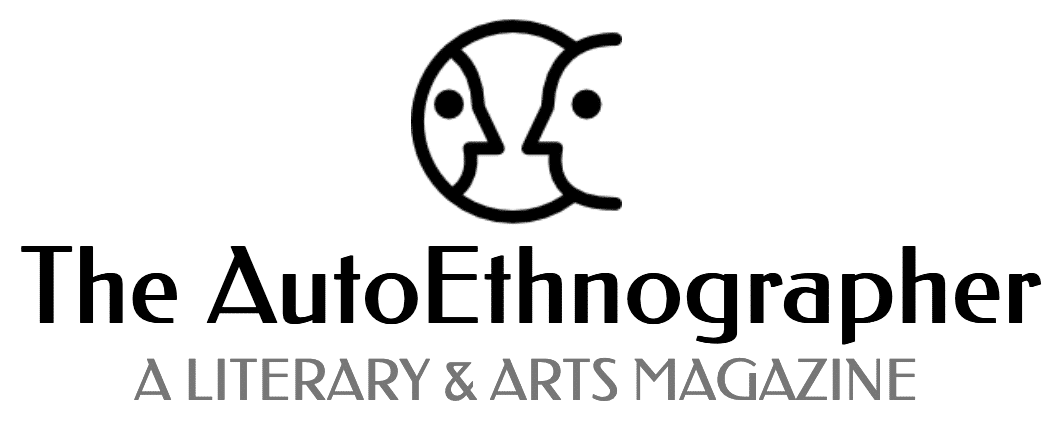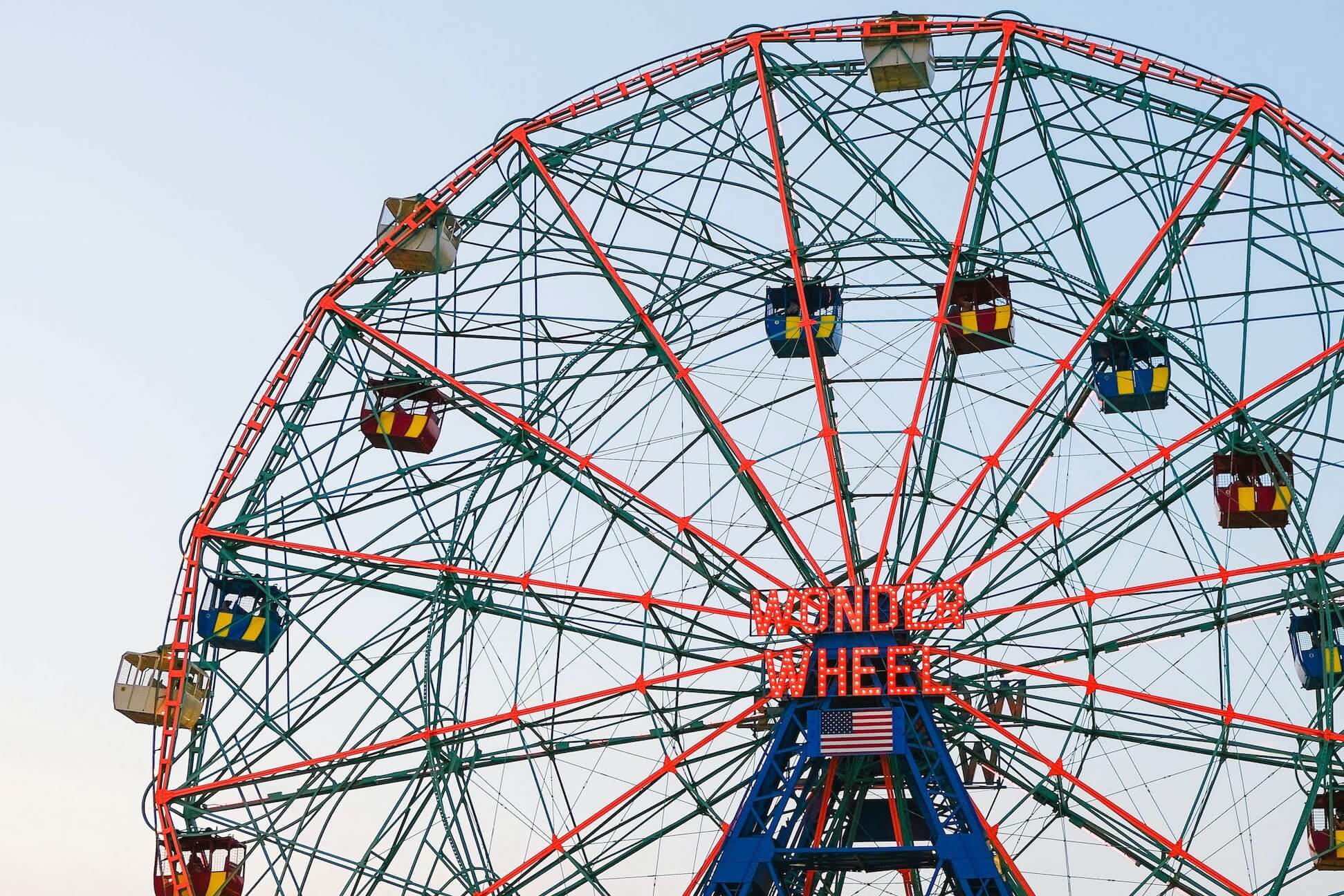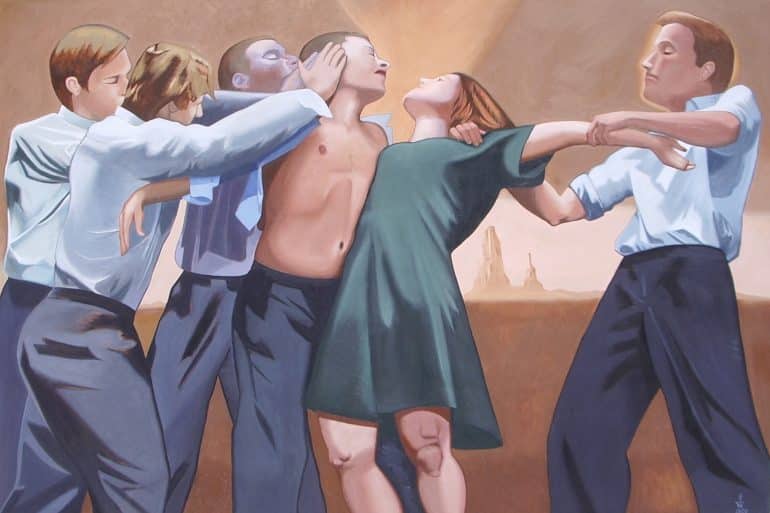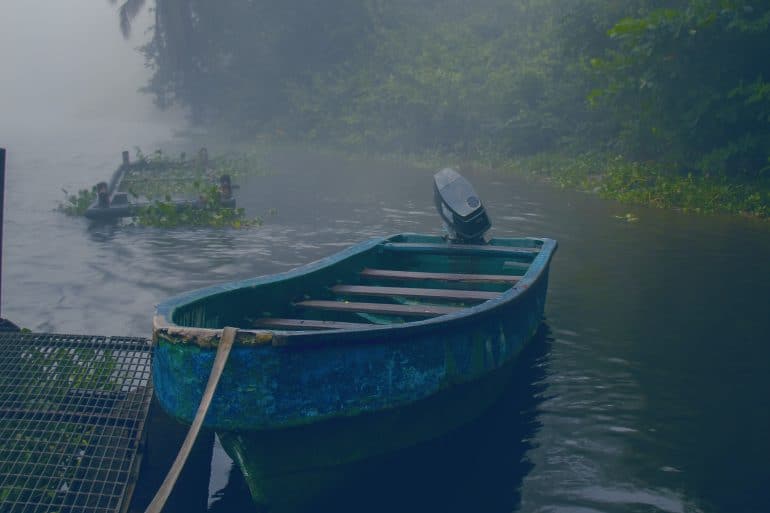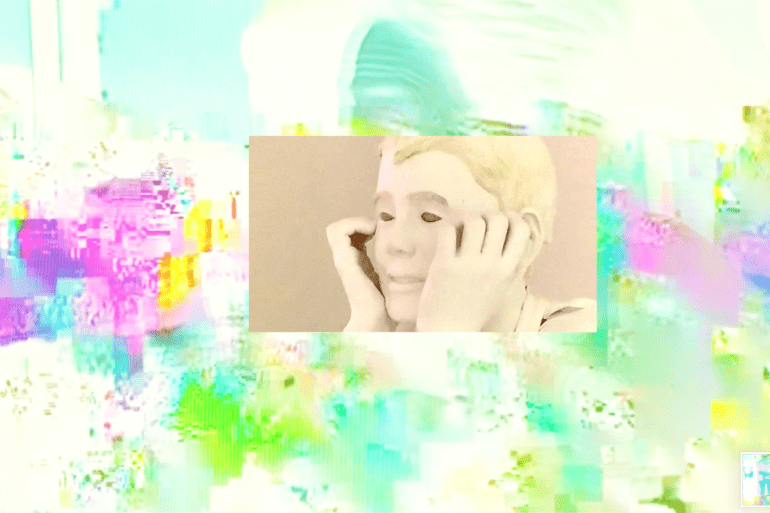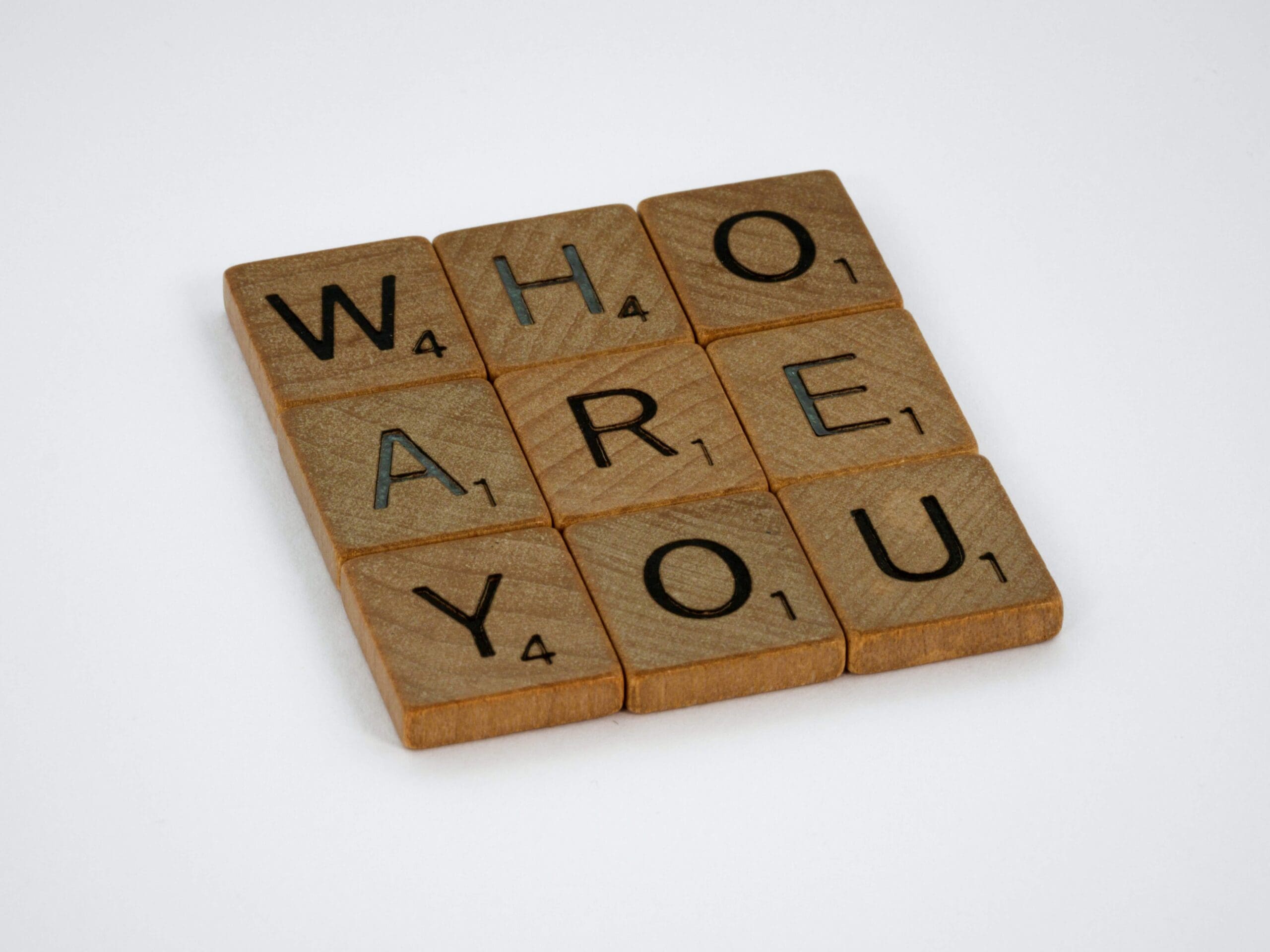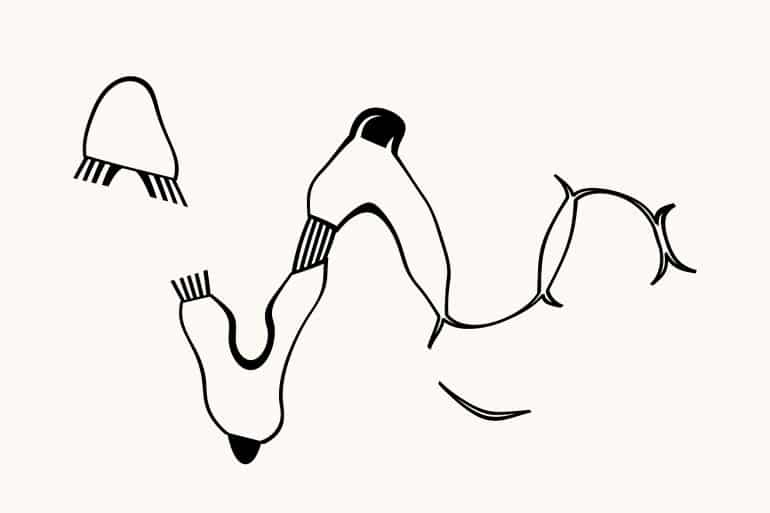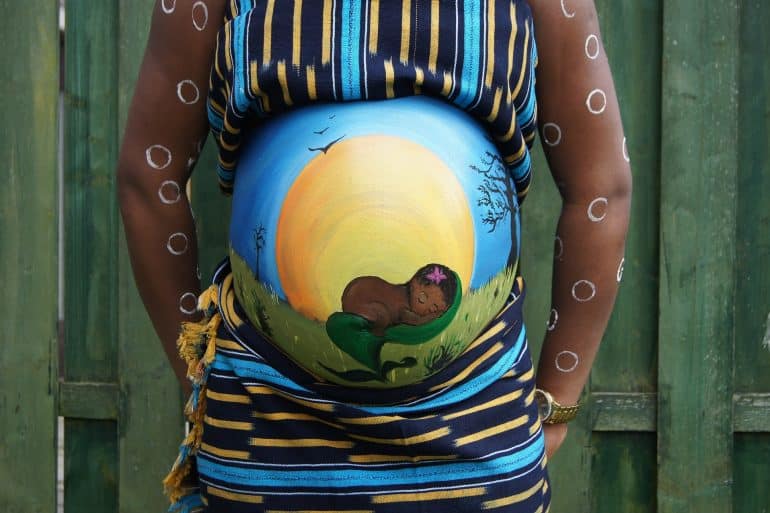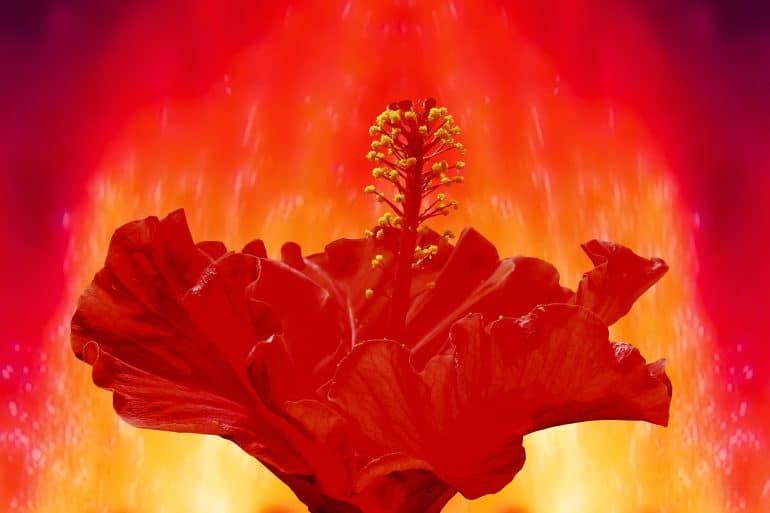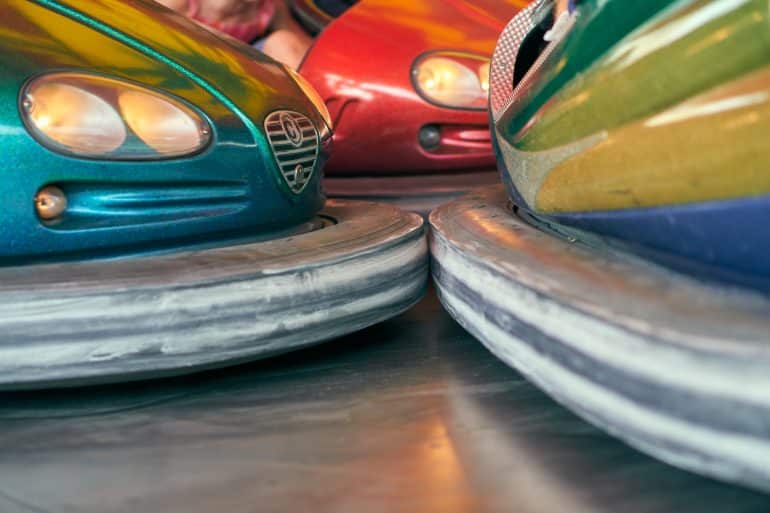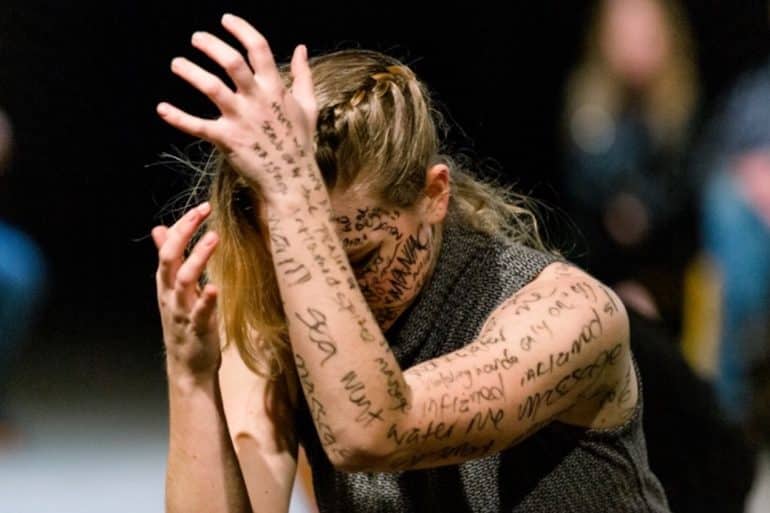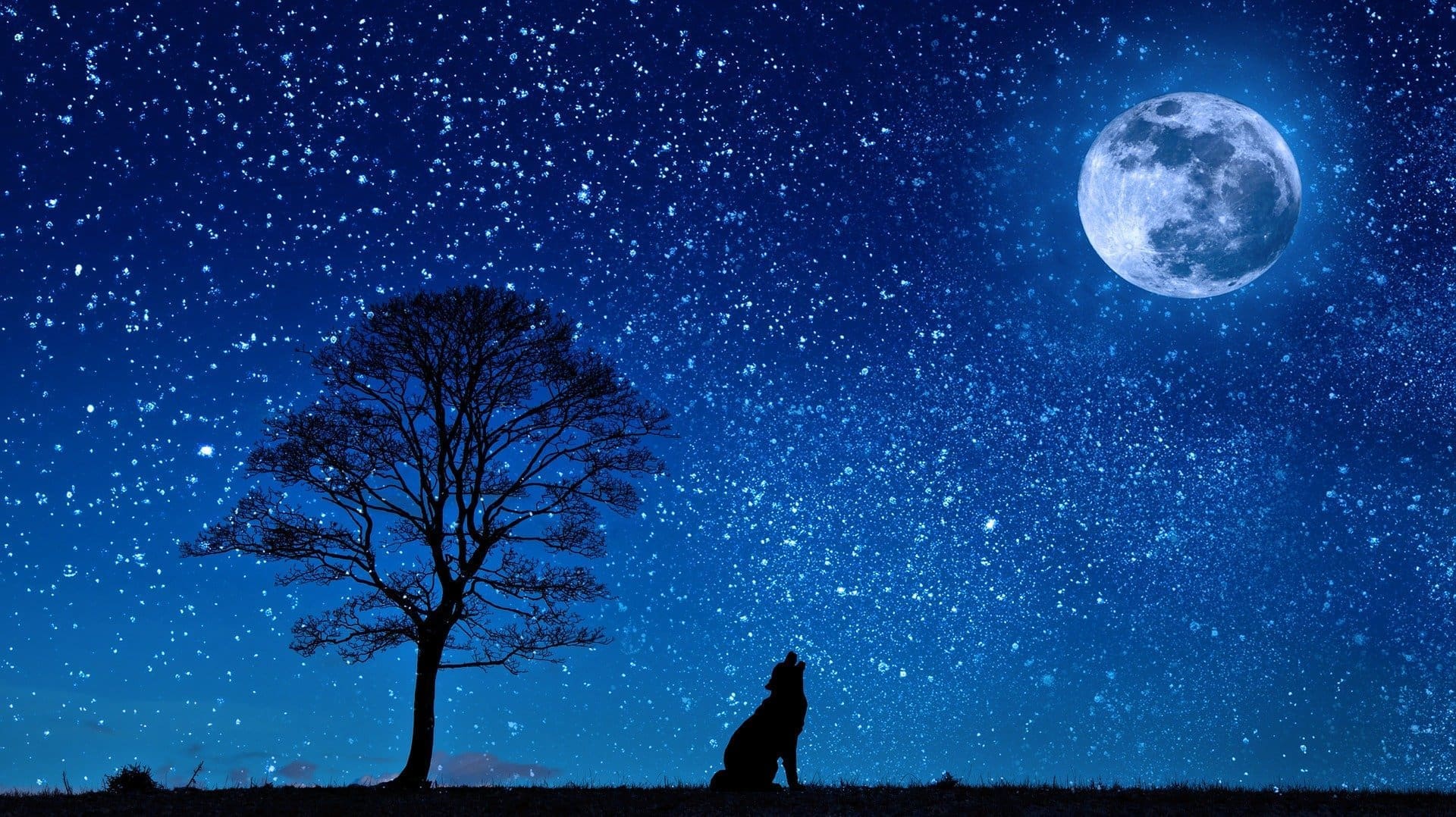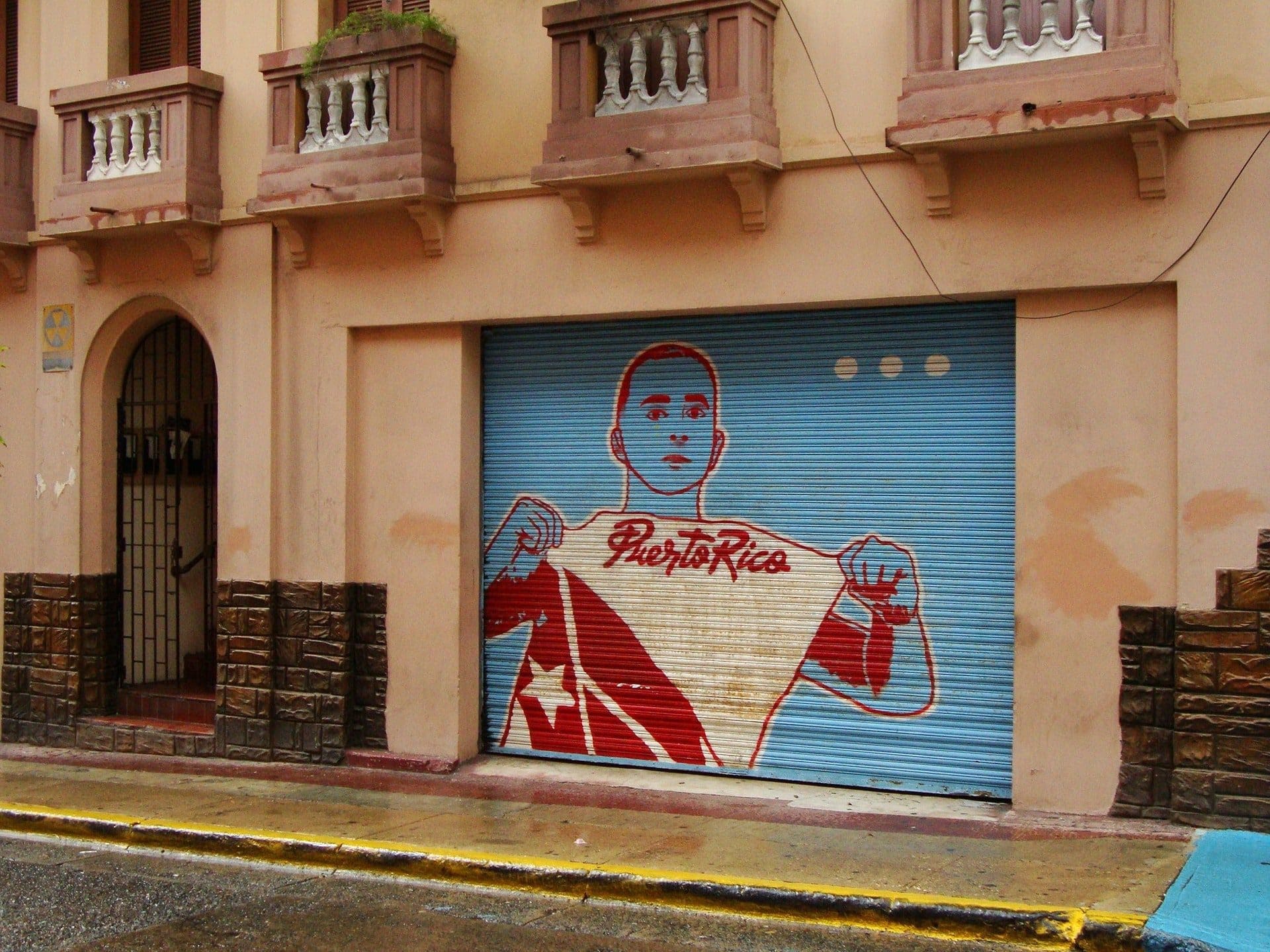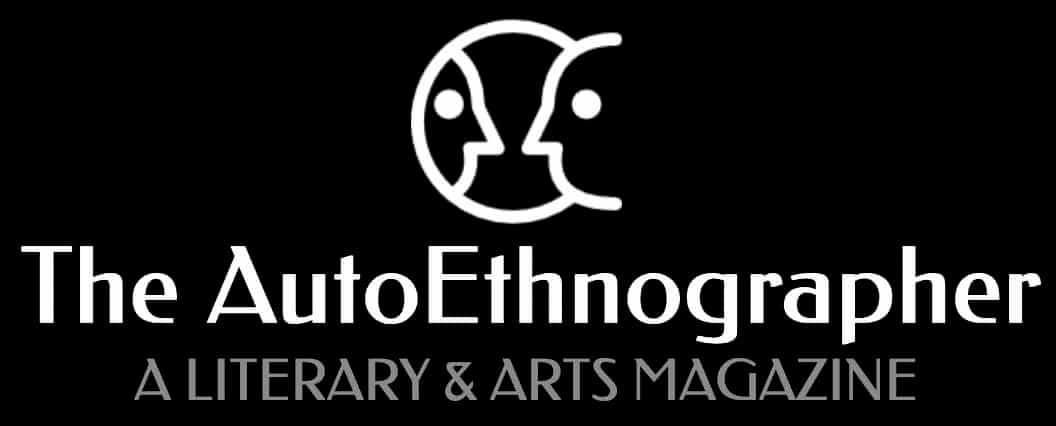"My poems are not entirely mine. They belong to the people and events of my passage through life. For once the dam is breached its contents flow unabridged. - Milton Carp, poet at 91"
"I danced each morning with Pina Bausch. I became her pupil lifting my leg up in the air like a flamingo except feeling more awake than I’ve ever been."
Poet Anne McCrary Sullivan discusses her latest book Learning Calabar, Notes from a Poet’s Year in Nigeria with editor Michelle Reale.
The poem driving this experimental film about television considers the insomniacs who wake at the same time each night in rhythm.
These pieces explore through personal experience the cultural phenomena of migrant loss of identity and subordination, post colonialism, othering
Daze Jefferies·
All ContentAutoethnographic Art & MultimediaAutoethnographic PoetryClimate Change Special Issue, 2022
··3 min read"This autoethnographic poem resembles a wave: coming, going, history, hereafter...an endless exchange."
"This autoethnographic poetry is born of my personal experience, witness, as well as currently chronicled and ancestral lore."
"Damned," the first publication in The AutoEthnographer's Bodily Autonomy issue, is the product of my confused reflection and internal conversations with the culture that raised me."
“My ability to be creatively vulnerable with my mental illness as well as the experiences which contributed to it will serve as a method of self-healing.”
"I called out the demons one by one. I named them. I gave them precise blocking and ultimately, I controlled where they stood, breathed, and bourréed. I gave them an entrance, and a stage, and then I sent them away."
"I have continued to explore the usefulness of various poetic forms as a mechanism for providing access to suppressed internal voices."
"Everybody is a poet in the sense that everyone was/is making do—and making magic—with what they had/have."
